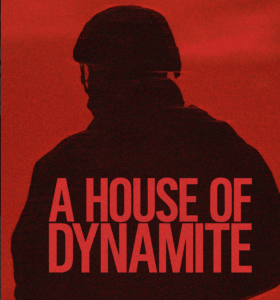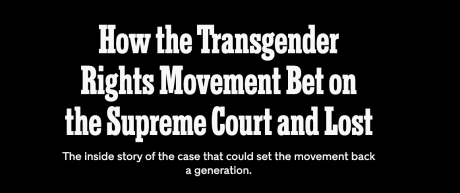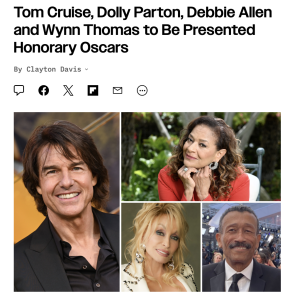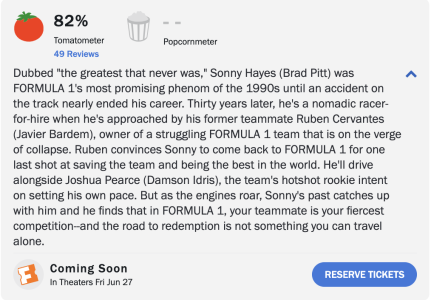At the end of yesterday’s riff about Team IndieWire’s rundown of the finest films from the first half of the 2020s, I said I’d slap together HE’s own roster from the same period. My tally comes to 38, but maybe I’ve overlooked a few.
HE’s top ten films of the 2020-2025 period thus far: (1) Roman Polanski‘s J’Accuse (which premiered in Europe in late ’19 but wasn’t pirated for U.S. consumption until early ’20), (2) Sean Baker‘s Anora, (3) Joachim Trier‘s Sentimental Value, (4) Steven Zallian‘s Ripley, (5) Edward Berger‘s Conclave, (6) Steve McQueen‘s Mangrove, (7) David Fincher‘s The Killer, (8) Pedro Almodovar‘s Parallel Mothers, (9) Reinaldo Marcus Green‘s King Richard, (10) Tran Anh Hung‘s The Taste of Things (The Pot au Feu).
Second Grouping of Ten: (11) Guy Ritchie‘s The Covenant, (12) Joseph Kosinski‘s Top Gun: Maverick, (13) Hasan Hadi‘s The President’s Cake, (14) Janicza Bravo’s Zola, (15) Joachim Trier’s The Worst Person in the World, (16) Mike Leigh’s Hard Truths, (17) Eva Victor’s Sorry Baby, (18) Yorgos Lanthimos’ Poor Things, (19) Bradley Cooper‘s Maestro, (20) Alexander Payne‘s The Holdovers.
Third Grouping of Ten: (21) Audrey Diwan‘s Happening, (22) Jasmila Žbanić‘s Quo Vadis, Aida?, (23) Errol Morris‘s The Pigeon Tunnel, (24) Ali Abbasi‘s The Apprentice, (25) Alice Rohrwacher‘s La Chimera, (26) Anders Thomas Jensen‘s Riders of Justice, (27) Jon Watts‘ Spider-Man: No Way Home, (28) Peter Jackson‘s The Beatles: Get Back, (29) Cristian Mungiu‘s R.M.N., (30) Todd Field‘s TAR.
Last Licks: (31) Alejandro G. Iñárritu‘s Bardo, False Chronicle of a Handful of Truths; (32) Aaron Sorkin‘s The Trial of the Chicago 7, (33) Judd Apatow‘s The King of Staten Island, (34) Michael Winterbottom‘s The Trip to Greece, (35) Diao Yinan‘s The Wild Goose Lake, (36) Chloe Zhao‘s Nomadland, (37) Jon M. Chu‘s In The Heights, (38) Steven Spielberg‘s West Side Story.








